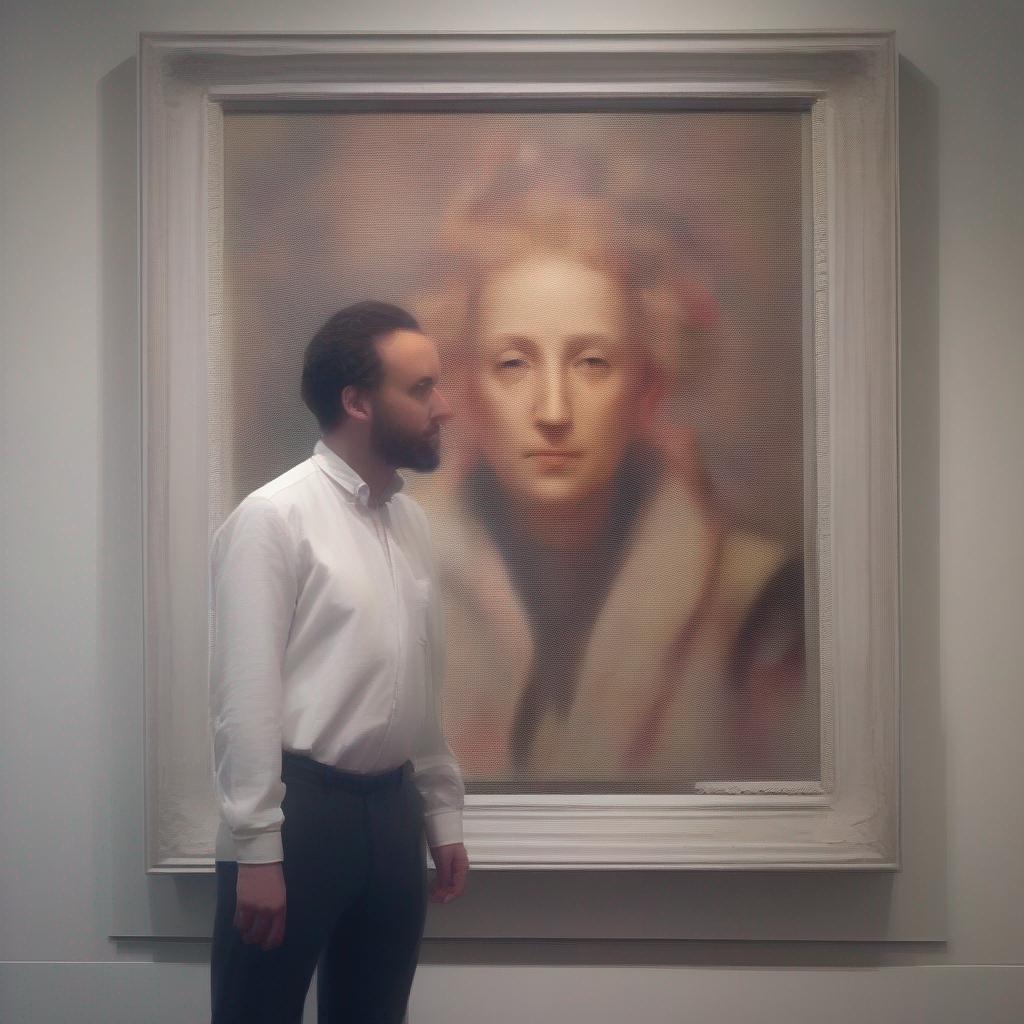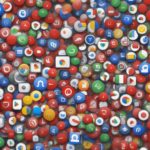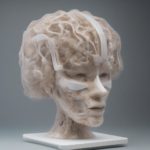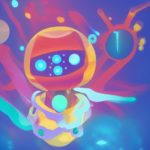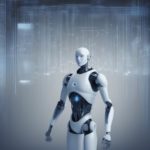Artificial Inspiration: Style Execution by AI Obviates Human Authorship
Artificial intelligence (AI) continues to revolutionize various industries, and the field of art is no exception. AI is now being utilized to create unique and compelling pieces of art, raising questions about the role of human authors in the creative process.
One aspect of AI’s impact on art is its ability to execute various artistic styles flawlessly. With deep learning algorithms, AI systems can analyze and understand different art styles, from classical to contemporary, and replicate them with astonishing accuracy. This means that AI can produce paintings, music, literature, and even architecture that perfectly mimics the style of renowned human artists.
This development has led some to question whether AI-generated art can truly be considered the work of human authors. After all, if an AI system can imitate the style of a famous painter, is it not essentially performing the role of that painter?
Supporters argue that AI-generated art should be acknowledged as a separate form of artistic expression. They argue that AI algorithms do not possess human consciousness or emotions, and therefore their output lacks the depth and authenticity of genuine human creativity. They see AI as a tool that can assist artists, helping them explore new possibilities and push the boundaries of their own artistic practice.
On the other hand, critics believe that AI-generated art diminishes the role of the human artist. They argue that creativity and authorship should originate from human minds, reflecting their unique perspectives and experiences. They fear that the increasing reliance on AI in art creation could devalue human artistic expression and undermine the originality and authenticity of human creations.
While the debate surrounding AI-generated art continues, it is clear that the development of AI technologies for artistic purposes presents new opportunities and challenges for the art world. As AI continues to advance, it is crucial for artists, critics, and society as a whole to navigate these changes and establish a framework that acknowledges and respects the contributions of both human and AI creators. This will ensure that art remains a vibrant and diverse expression of the human experience.
